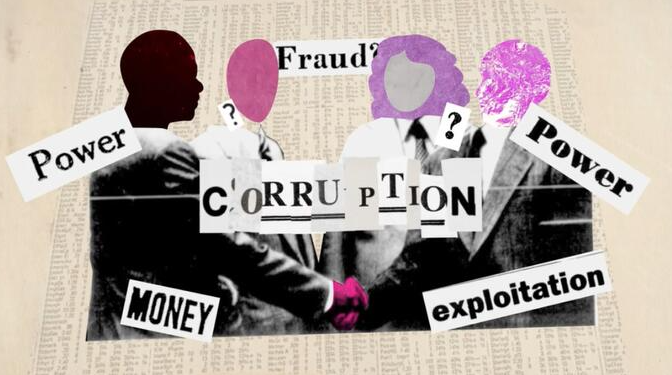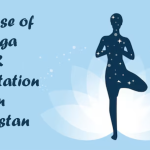Corruption in Pakistan: Causes and Solutions
By Rikhtiya – “Discovering Secret Facts”
- Corruption in Pakistan: Causes and Solutions
- What is Corruption?
- Major Causes of Corruption in Pakistan.
- Weak Governance and Institutional Failure
- Political Instability
- Low Salaries and Economic Insecurity
- Lack of Education and Awareness
- Inefficient Legal Framework
- Effects of Corruption in Pakistan
- Economic Loss
- Poor Public Services
- Erosion of Public Trust
- Practical Solutions to Combat Corruption
- Strengthening Institutions
- Promoting Transparency and E-Governance
- Enhancing Public Sector Wages
- Legal Reforms and Swift Justice
- Raising Public Awareness
- Whistleblower Protection
- Conclusion
Corruption in Pakistan remains one of the most pressing challenges the country faces. It affects governance, hampers development, and erodes public trust. In this article, we will explore the major causes of corruption in Pakistan and provide actionable solutions to combat it effectively.
What is Corruption?
Corruption is the abuse of power for personal gain. It may occur in various forms, including bribery, embezzlement, nepotism, and misuse of public resources.
Major Causes of Corruption in Pakistan.
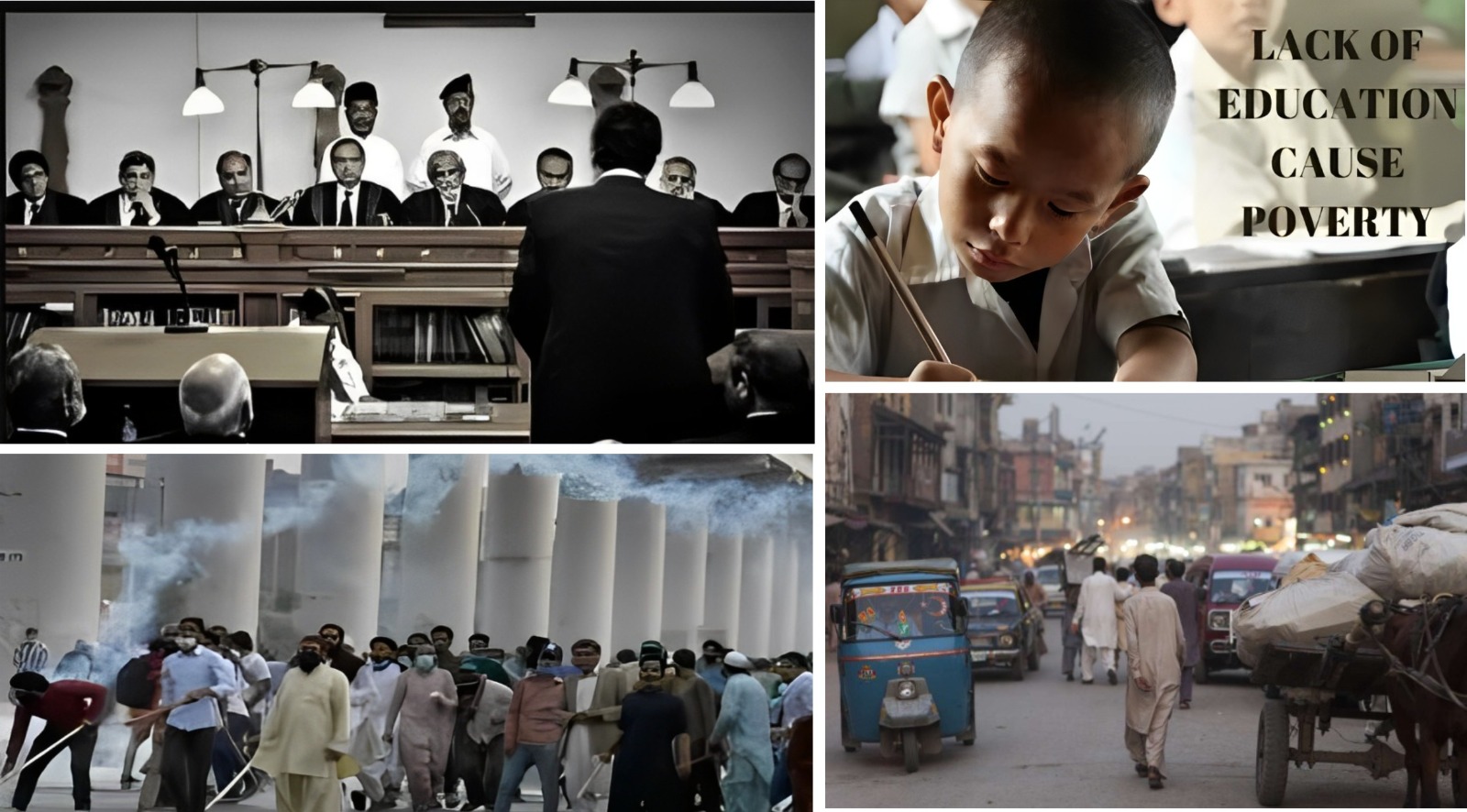
Key causes of corruption in Pakistan include weak institutions, low wages, political interference, and lack of transparency.
Weak Governance and Institutional Failure
A major root cause of corruption in Pakistan is weak governance. Institutions often lack transparency, accountability, and effective oversight mechanisms. This creates an environment where corrupt practices can thrive.
Political Instability
Frequent changes in government and lack of long-term policies have weakened institutional development. Political interference in administrative matters fuels favoritism and limits checks and balances.
Low Salaries and Economic Insecurity
Many government employees receive insufficient pay compared to the rising cost of living. This creates an incentive to accept bribes or misuse their positions for financial gain.
Lack of Education and Awareness
Public unawareness about their rights and the legal consequences of corruption contributes to the issue. A poorly informed citizenry is less likely to report corruption or demand accountability.
Inefficient Legal Framework
Pakistan’s legal system often fails to penalize corrupt officials effectively. Delayed trials, loopholes in laws, and lack of witness protection discourage the reporting and prosecution of corrupt activities.
Effects of Corruption in Pakistan
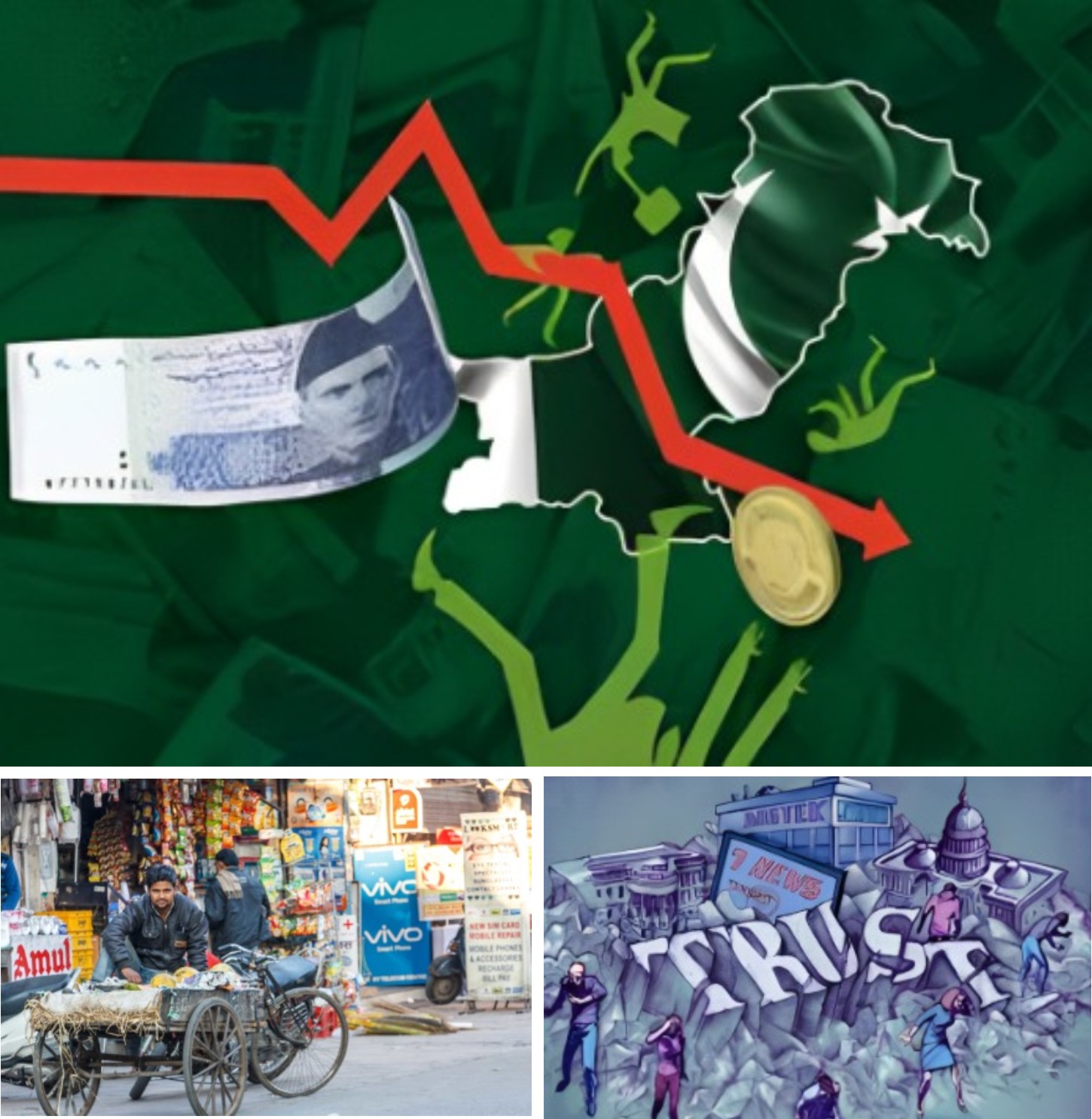
Economic Loss
Corruption discourages foreign investment, reduces tax revenue, and increases the cost of public services. It stifles economic growth and widens the gap between rich and poor.
Poor Public Services
Funds meant for education, health, and infrastructure are misused or siphoned off, resulting in low-quality services and infrastructure development.
Erosion of Public Trust
When citizens see officials engaging in corruption with impunity, trust in public institutions weakens, leading to social unrest and disillusionment.
Practical Solutions to Combat Corruption
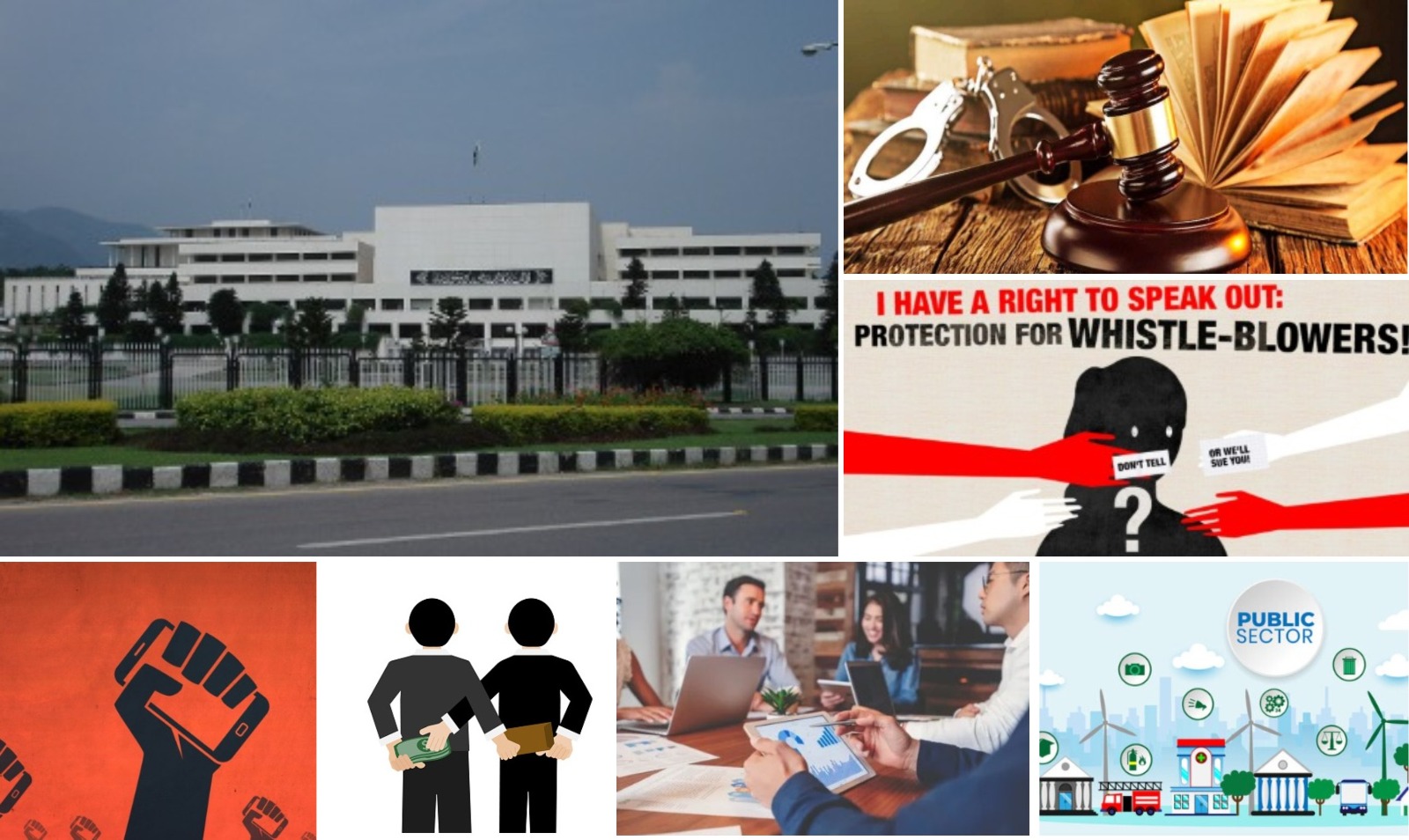
Strengthening Institutions
Pakistan must build strong and independent institutions. This includes reforming the National Accountability Bureau (NAB), ensuring the judiciary is free from political pressure, and modernizing administrative systems.
Promoting Transparency and E-Governance
Digital platforms can reduce face-to-face interactions, limiting opportunities for bribes. Online tendering, tax filing, and complaint systems should be promoted.
Enhancing Public Sector Wages
Offering competitive salaries can reduce the incentive for employees to accept bribes. Along with better wages, performance-based promotions should be implemented.
Legal Reforms and Swift Justice
Corruption cases should be fast-tracked with special courts. Laws need to be updated, and loopholes must be closed to ensure consistent punishment for offenders.
Raising Public Awareness
Civic education and awareness campaigns can empower citizens to resist and report corruption. Media and civil society should play a proactive role in monitoring and exposing corrupt practices.
Whistleblower Protection
Laws that protect and reward whistleblowers can encourage people to come forward without fear of retaliation.
Conclusion
Corruption in Pakistan is deeply rooted, but it is not invincible. By taking strong policy actions, promoting transparency, and building public awareness, Pakistan can overcome this challenge. A corruption-free society will pave the way for sustainable growth, justice, and equality.

